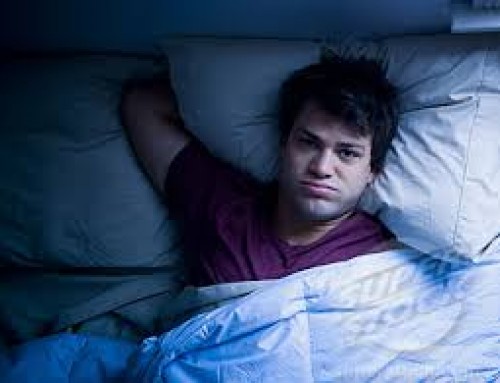It’s common advice for people who have trouble sleeping at night that daily exercises will help enhance the quality and duration of sleep.
However, despite being a common advice for insomniacs, recent study from the Journal of Sleep Medicine pointed out that exercising today won’t necessarily help them sleep better tonight… or the next night for that matter although it will definitely be of great help in the long run.
The study documents an occurrence which leads to patients’ frustration and discouragement from sticking to their exercise routines. The study’s lead author Kelly Glazer Baron, a clinical psychologist at Northwestern University Feinberg School of Medicine in Chicago, says “They come to use and say, ‘I exercised until I was exhausted, but I still couldn’t sleep,’”
The new study is actually based on a previous larger comparative study where participants on a 16-week exercise program with better sleeping habits slept longer and better than those who worked on sleeping habits alone and did not undergo the exercise program,
For the new report, Baron and her colleagues honed in on the data collected on 11 women aged 57 to 70 years old in the group which underwent the 16-week exercise program from the previous study. Results showed for this particular group, there were no immediate positive results. In fact, researchers even saw that women who had a bad night’s sleep after working out on that particular day were less likely to exercise the next day.
During the duration of the research, these women exercised for about 30 minutes, usually by walking on treadmills, three or four times a week. In the long run, the results were encouraging as the women were found to sleep an extra 46 minutes a night on average.
In a nutshell, exercising does pay off but it doesn’t happen immediately but it’s worth it to work through a day’s fatigue to maintain one’s exercise routine.
Barbara Phillips, a sleep medicine specialist at the University of Kentucky, Lexington, says there is no quick cure for insomnia. Although she was not involved in the study, she says the study supports the impressive long-term results of exercise and should make it a better alternative to sleeping pills for most people.
With the results of this study, people may be more encouraged to take a less radical approach to address their insomnia issues and sleep better at night.
To find out which approach could help you most, get in touch with a professional who specializes in sleep therapy. Get in touch with Rebecca Ginder today at (561) 450-5255.
[/fusion_builder_column][/fusion_builder_row][/fusion_builder_container]



